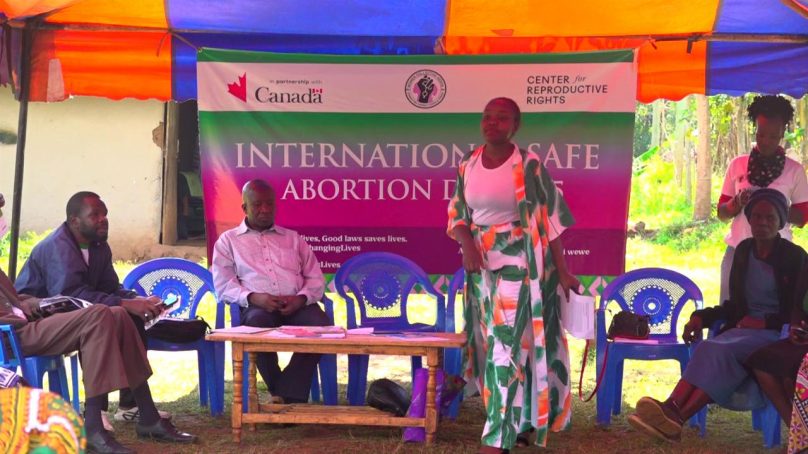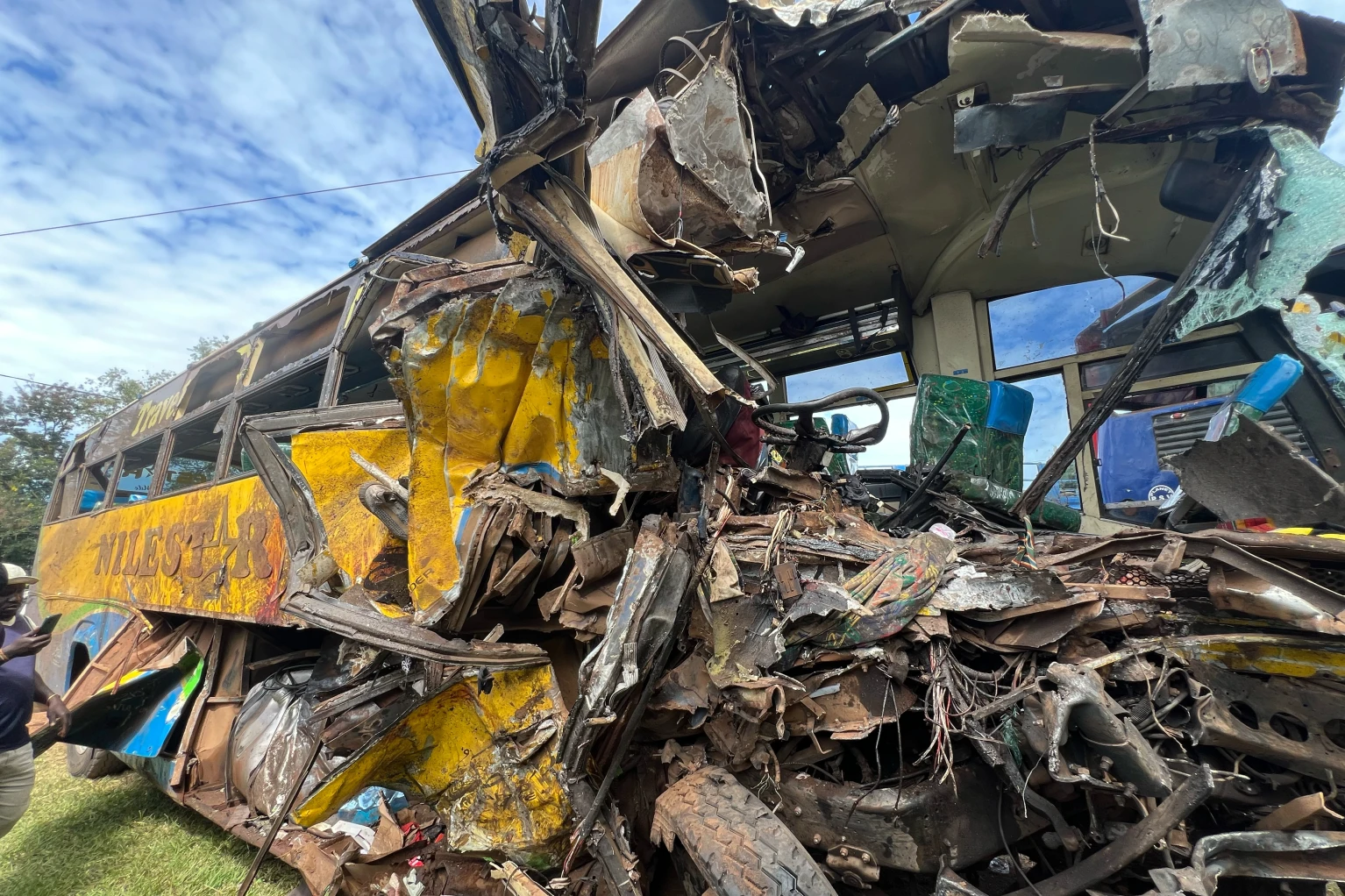
Abortion in Kenya remains one of the country’s most silent and sensitive topics, unspoken, stigmatised, legally contentious, and culturally a taboo topic.
However, it continues to pose significant challenges for women’s health and rights.
Although the 2010 Constitution recognises health, including reproductive health and emergency medical treatment, as a fundamental right, access to safe abortion and comprehensive Post-Abortion Care (PAC) services remains largely restricted across the country.
According Programme Officer for Women Collective Kenya Lilian Maina the government must fully implement the provisions of the 2010 Constitution to ensure that women receive quality post-abortion care and reduce abortion-related deaths.
Women Collective Kenya is a grassroots organisation that amplifies women’s voices and addresses issues around gender-based violence, maternal health and the decriminalisation of abortion. Ms Maina explains that many women and girls who undergo unsafe abortion suffer severe complications because of limited access to quality PAC services. This, she says, is largely due to Kenya’s 1963 Penal Code, which still criminalises abortion despite the Constitution’s protections.
“The continued enforcement of the 1963 Penal Code has led to harassment, arrests and prosecution of women and girls seeking abortions, as well as healthcare providers offering these services,” she said. “This contradiction undermines women’s reproductive rights and discourages medical professionals from providing safe and legal post-abortion care.”
As a result, many healthcare providers remain reluctant to offer safe services, even in emergencies, for fear of legal repercussions.
However, Centre for Reproductive Rights has been on the forefront of challenging these legal contradictions. In 2022, the High Court in Malindi, Mombasa County, affirmed that abortion is a fundamental right under the Constitution of Kenya. The ruling declared that arresting or prosecuting patients seeking abortion care or providers offering such services is unconstitutional.
Centre for Reproductive Rights 2020 report further detailed the government’s failure to uphold its constitutional obligations and recommended steps for implementing Article 26(4) of the Constitution, which allows abortion when a trained health professional determines it necessary for emergency treatment or when the life or health of the mother is in danger.
Maina noted that few health facilities in the country currently offer quality PAC services, urging the government to expand access and raise public awareness about the need for safe abortion.
“The majority of women seeking abortions resort to unsafe methods or unqualified providers,” she said. “This has resulted in high rates of complications, severe illness, and preventable deaths. Survivors often endure long hospital stays and require specialised treatment.”
Swinny Ooko, a safe abortion champion from Migori, emphasised the importance of training healthcare providers in both public and private facilities to offer timely post-abortion care. She attributed the current challenges to the withdrawal of national guidelines on safe abortion, calling for their reinstatement to protect both patients and health workers.
“Healthcare providers need clear legal guidance on how far they can go in offering post-abortion care without being criminalised,” she said. “Reinstating the guidelines will help standardise service delivery and reduce maternal mortality.”
While more women are now able to access PAC services, Ooko pointed out that there is still significant room for improvement in the quality and availability of care.
According to statistics from the Ministry of Health, fewer than 20 per cent of primary healthcare facilities in Kenya meet the criteria for providing basic PAC, while only 24 percent of referral hospitals can offer comprehensive services.
Nevertheless, there has been some progress. More than 90 per cent of women treated for post-abortion complications in public facilities received contraceptive counselling before discharge, a positive step toward preventing unintended pregnancies and repeat unsafe abortions.
Ooko added that increasing access to contraceptives, expanding surgical capacity, and strengthening family planning counselling are critical areas for improvement.
A 2023-2024 survey by the Ministry of Health, the African Population and Health Research Centre, and the Guttmacher Institute estimated that 792,694 induced abortions occurred in Kenya in 2023, equivalent to 57.3 abortions per 1,000 women of reproductive age (15-49 years) and 48.1 abortions per 100 live births.
The report also revealed that more than half of all women with post-abortion complications were treated in public facilities, with 7 out of 10 cases handled at the primary healthcare level. Ooko stressed that community sensitisation and public education are crucial to addressing the stigma surrounding abortion and ensuring that women and girls can access safe and legal services.
“People need to understand that access to post-abortion care is a health right, not a crime,” she said. “If we fail to talk about it, more girls and women will continue to die in silence.”
Latest data from Migori County Department of Health revealed that three teenage girls lost their lives after procuring unsafe abortions. Ooko urged the national and county governments, alongside partners such as Women Collective Kenya, to collaborate in addressing unsafe abortion practices, expanding PAC services, and promoting family planning.
“Preventing unintended pregnancies and increasing access to modern contraceptives are key to reducing unsafe abortions and saving lives,” she emphasised.
With continued advocacy, policy reforms and investment in reproductive health, experts believe Kenya can bridge the gap between constitutional rights and actual healthcare access, ensuring that no woman’s life is lost due to unsafe abortion practices.
- A Tell Media / KNA report / By Makokha Khaoya and George Agimba







